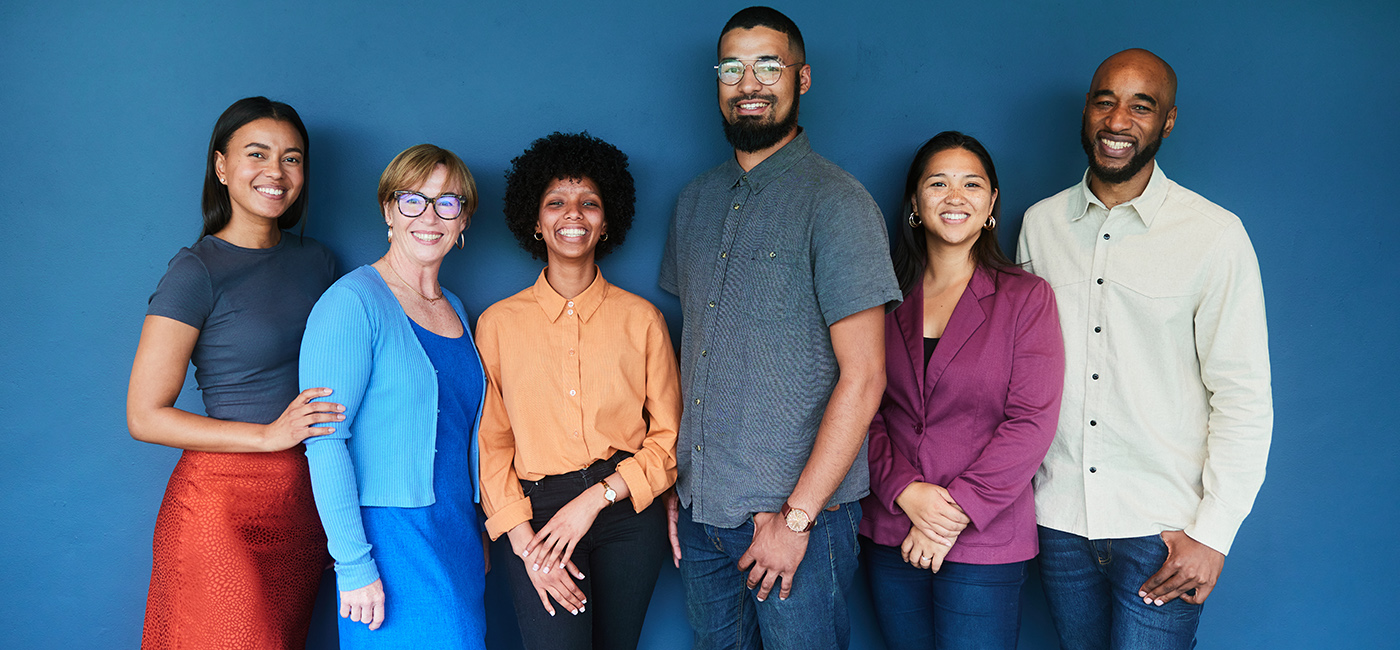Navigating Racial and Ethnic Criteria Appropriately Could Boost Clinical Trial Eligibility
Social determinants of health may pose as additional barriers to trial participation for minority cancer patients. Cancer centers and investigators should provide solutions to mitigate social barriers.
Those are the findings by researchers following a study specifically looking into challenges faced by racial and ethnic minorities seeking acceptance into clinical trials. The findings will be presented at the American Association for Cancer Research annual meeting by Moffitt Cancer Center research data analyst Yayi Zhao.

“Racial and ethnic minorities are underrepresented in clinical trials,” Zhao said. “That translates to the results from clinical trials not being fully generalizable to the overall population.”
The more diversity that is represented in clinical trials, the broader the audience that benefits from the research. Trial eligibility criteria applies to all potential patients, however, clinical conditions that commonly serve as eligibility criteria have different prevalence rates by race and ethnicity, Zhao said.
“For example, Black patients have a higher prevalence of metastatic disease, diabetes, hepatitis infection, and abnormal laboratory results such as creatinine and aspartate transferase than white patients,” Zhao said.
Hispanic patients also have a higher prevalence of metastatic disease, abnormal aspartate transferase results and diabetes compared to their non-Hispanic counterparts, Zhao explained.
In some cases, there may be room for reconsideration of these eligibility criteria, Zhao suggests.
Zhao explained that different trials have different thresholds for absolute neutrophil count. Patients who fall between those cut off values may eligible for one trial but not another.
“There are situations where some of the criteria can be reconsidered,” he said, “and we suggest investigators to be more inclusive.”
Other challenges could fall outside of the individual’s overall health and instead be related to socioeconomic status. Lack of transportation, financial difficulties or a lack of a support network could all lead to a patient not participating in a clinical trial.
Cancer centers and investigators should provide solutions to mitigate social barriers to improve participation and eventually improve overall care for a more diverse community of patients.
“We are currently working on an NCI-funded research study called ACT WONDER2S led by Dr. Dana Rollison and Dr. Susan Vadaparampil. The aim of the study is to increase trial referrals and enrollment among minority cancer patients in the Moffitt catchment area,” Zhao said. “Understanding these barriers can help us do that and finding appropriate ways to be more inclusive will help researchers and physicians help a much larger pool of patients.”



